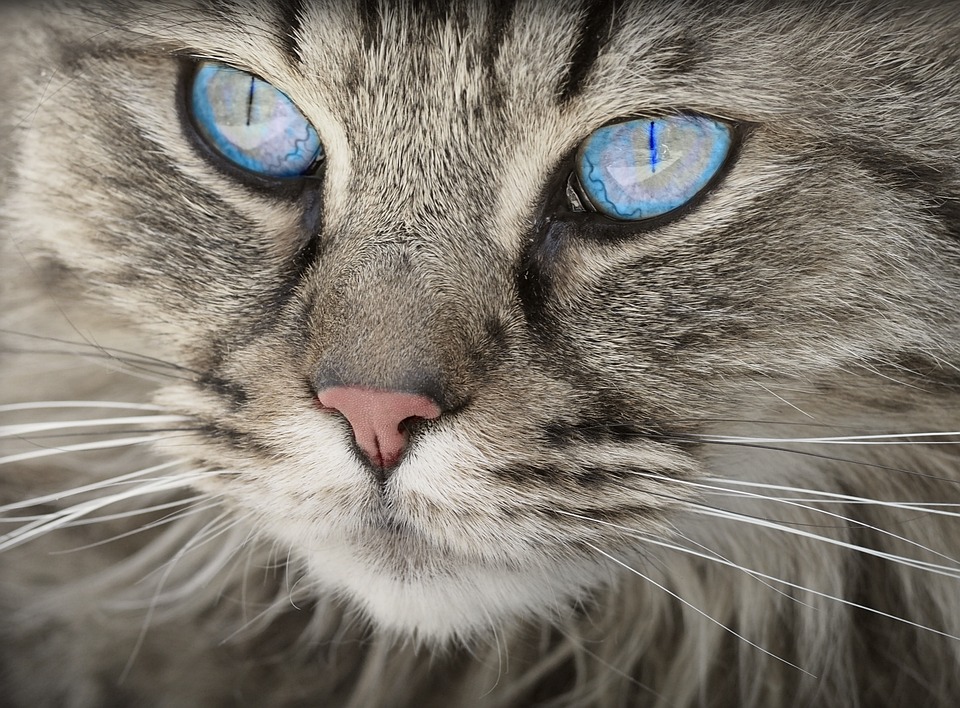Introduction:
Dental care is often overlooked when it comes to our feline friends. However, just like humans, cats can suffer from dental issues, including dental plaque. Understanding the importance of dental care and how to prevent and manage dental plaque in cats is essential for their overall health and well-being.
1. Recognizing the Signs of Dental Plaque in Cats:
One of the first steps in preventing and managing dental plaque in cats is recognizing the signs. Some common signs of dental plaque in cats include bad breath (halitosis), yellowing or brownish discoloration on teeth, excessive drooling, difficulty chewing or loss of appetite, swollen or bleeding gums, and pawing at the mouth or face. If you notice any of these signs, it’s important to take action promptly.
2. The Causes of Dental Plaque in Cats:
Understanding the causes of dental plaque in cats can help in prevention. Dental plaque is a natural accumulation of bacteria and food particles on the teeth. However, several factors can contribute to the formation of plaque, including a lack of proper oral hygiene, genetic predisposition, poor diet choices, and age-related dental issues. By addressing these causes, you can help prevent dental plaque in your furry friend.
3. Effective Ways to Prevent Dental Plaque in Cats:
Prevention is key when it comes to dental plaque in cats. Here are some effective ways to prevent plaque buildup:
– Regular brushing of your cat’s teeth: Aim to brush your cat’s teeth daily, or at least three times a week. Use a toothbrush and toothpaste specifically formulated for cats.
– Utilizing dental chews and treats: Dental chews and treats can help in mechanically cleaning your cat’s teeth and reducing plaque buildup. Look for products approved by veterinary dental associations.
– Incorporating dental diets into their feeding routine: Dental diets are specially formulated to promote chewing and often contain ingredients that promote oral health. Talk to your veterinarian about suitable dental diets for your cat.
– Providing appropriate chew toys: Chew toys can help in keeping your cat’s teeth clean by promoting chewing and reducing plaque buildup. Make sure to choose toys that are safe and specifically designed for cats.
– Regular professional dental cleanings: Regular dental cleanings performed by a veterinarian are essential in preventing and managing dental plaque. Your vet can remove plaque and tartar buildup and address any underlying dental issues.
4. Managing Dental Plaque in Cats:
If dental plaque has already formed, there are several management options available:
– Veterinary dental examinations and cleanings: Regular dental check-ups can help identify and manage dental plaque in its early stages.
– Dental scaling and polishing: Dental scaling involves removing plaque and tartar buildup from the teeth, while polishing smoothens the tooth surface, making it harder for plaque to adhere.
– Dental x-rays to assess underlying issues: Dental x-rays can reveal any hidden dental issues, such as tooth decay or root infections, which may need to be addressed.
– Extractions and dental surgeries, if necessary: In severe cases, extractions or dental surgeries may be required to remove severely damaged teeth or address advanced dental issues.
– Prescription medications for advanced dental problems: In some cases, your veterinarian may prescribe medications to manage advanced dental problems, such as periodontal disease or oral infections.
FAQs:
Q1: How often should I brush my cat’s teeth?
A: Ideally, you should aim to brush your cat’s teeth daily. However, if this is not feasible, aim for at least three times a week.
Q2: Can I use human toothpaste for my cat?
A: No, human toothpaste contains ingredients that are toxic to cats. Always use toothpaste specifically formulated for felines.
Q3: My cat refuses to let me brush its teeth. What should I do?
A: Start by introducing tooth brushing gradually. Use a soft toothbrush or finger brush and reward your cat with treats or praise. Consult your veterinarian for alternative dental care options if your cat remains resistant.
Q4: Are there any natural remedies to prevent dental plaque in cats?
A: While some natural remedies claim to help prevent dental plaque, their effectiveness is not scientifically proven. It is best to stick to recommended dental care practices and consult your veterinarian for suitable options.
Q5: Can dental diets really make a difference in preventing dental plaque?
A: Yes, dental diets can help reduce dental plaque and tartar buildup. They are specially formulated to promote chewing, thus mechanically cleaning the teeth, and often contain ingredients that promote oral health.
Q6: How often should I schedule professional dental cleanings for my cat?
A: The frequency depends on your cat’s oral health. Generally, cats with good dental hygiene may only require professional cleanings every 1-2 years, while those with existing dental issues may need more frequent cleanings.
Conclusion:
Maintaining your cat’s dental health is crucial for their overall well-being. By implementing preventative measures, such as regular brushing, utilizing dental chews, and incorporating dental diets, you can effectively prevent dental plaque in cats. However, regular veterinary check-ups and professional dental cleanings are also essential for managing and reducing dental plaque. By prioritizing your cat’s dental care, you can ensure a healthy and happy life for your feline companion.








